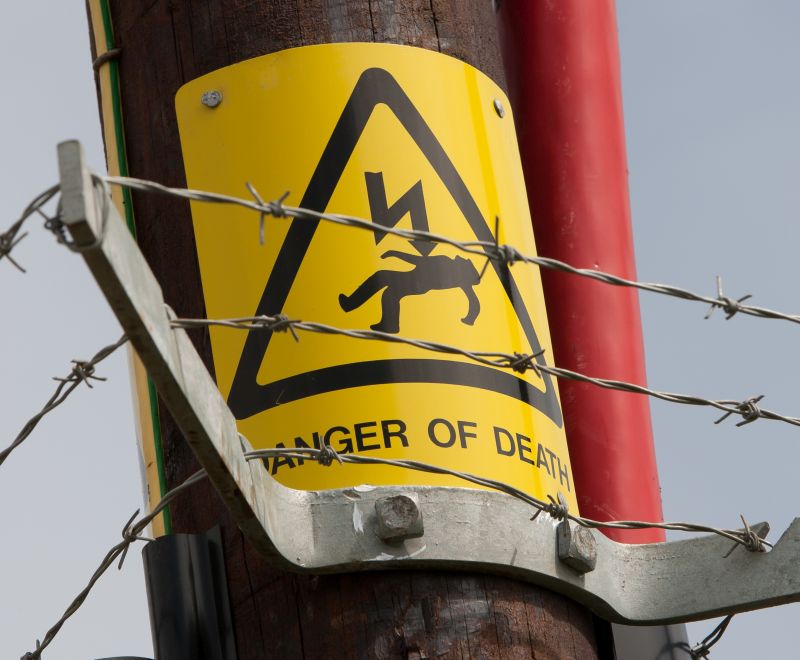
The partners of a Suffolk based farm have been ordered to pay out £28,400 after a haulage contractor was killed by an overhead power line strike.
Basildon Magistrates’ Court heard how on 30 August 2016, haulage driver Christopher Wilson was killed when his tipping trailer was raised and made contact with overhead power lines.
The lines ran across part of the yard at the Airfield Grain store, Parham near Framlingham, Suffolk. The site was managed by Nicholas and Roger Watts, partners of F S Watts & Sons.
Mr Wilson was electrocuted and died at the scene.
An investigation by the Health and Safety Executive (HSE) found that F S Watts and Sons had failed to take suitable precautions for work near to the overhead electric power lines despite the recommendations given to them previously by NFU Mutual Risk Management Services.
Nicholas Watts and Roger Watts each pleaded guilty to breaching regulation 3(1)(a) contrary to regulation 14, of the Electricity at Work Regulations 1989 and each was fined £9,500 and ordered to pay costs of £4,700.
After the hearing, HSE inspector Saffron Turnell said: “This tragic incident led to the avoidable death of a young father.
“This death could easily have been prevented if those in control of operations at the grain store had acted to identify and manage the risks involved and put a safe system of work in place.”
One person dies per year in the agricultural industry when working too close to overhead power lines, according to a campaign which aims to highlight its dangers.
In addition, there were also 1,140 near-miss incidents involving machinery and equipment contacting overhead electric power lines where serious injury or death was a possibility in the last five years.
Figures also show there were 39 contact incidents in just four weeks during the 2017 harvest period.
